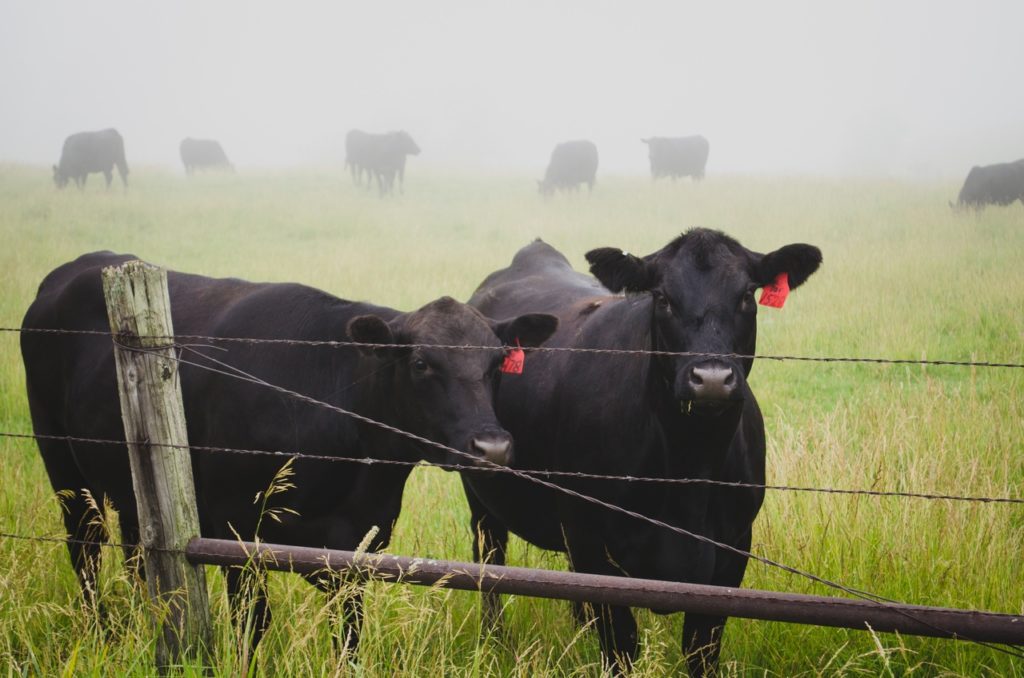Europeans should be asked to pay a tax of €0.42 a kilo on beef and veal, to offset the costs to the environment of raising cattle for human consumption, according to a proposal presented this week to the European Parliament by TAPP Coalition, a Dutch NGO.
The proposal also includes a tax on pork of €0.32/kg and on chicken of €0.15/kg. Those figures would apply on introduction of the tax, but would increase substantially after that: to €2.22/kg, €1.69/kg and €0.80/kg in 2025, and to €4.77/kg, €3.61/kg and €1.73/kg by 2030.
The sums involved, at least to begin with, seem small, but when taken into consideration beside the volumes of meat sold, they begin to mount up. Current production of beef and veal stands at 3.3 million tonnes; of pork at 10.8 million tonnes and of chicken at 8.5 million tonnes.
According to TAPP (True Animal Protein Price Coalition), the tax would only achieve its aim in the years to come, as the income diminished in line with a reduction in production brought about by the effect of increased prices on demand. So, in 2021, production would be barely affected, at respectively 3.3 million tonnes, 10.6 million tonnes and 8.5 million tonnes.
By 2025 the figures are forecast to fall to 2.6 million tonnes, 9 million tonnes and 7.8 million tonnes. And by 2030 to 1.1 million tonnes, 4.6 million tonnes and 5.1 million tonnes. And while the production falls, the taxation increases.
According to TAPP calculations, the tax – which they refer to as a sustainability charge – would bring net EU benefits of €8.8 billion a year by 2030. Member states would collect excise taxes of €32.2 billion.
That money could then be spent, the proposal suggests, to support farmers (31-46%), to lower VAT on fruit and vegetables (22-36%), to support low-income households (19%) and to help developing countries to increase nature reserves and forests, reduce greenhouse gases and adapt to climate change (12%).
And the benefits go beyond income, the proposal concludes.
“Reducing meat consumption also benefits our health and reduces healthcare costs. A report by the Lancet Commission on Obesity, released January 2019, said a tax on meat was an example of the urgent action needed to address the greatest threats to human and planetary health – obesity, under-nutrition and climate change. A University of Oxford study argues emissions pricing on food could avert more pollution than is generated by the aviation industry, as well as save half a million lives and one billion tonnes of greenhouse gas emissions a year, if implemented in 2020.”
“The time has come for us to act decisively with policy on the environmental consequences of animal protein, the price of which has been kept artificially low for far too long,” Philip Mansbridge, executive director of ProVeg, one of the coalition members told Forbes magazine. “Here we have a solution that is fair for farmers and supports the transition to a more plant-based food system that we so urgently need if we are serious about mitigating climate change.”
Alan Hope
The Brussels Times

